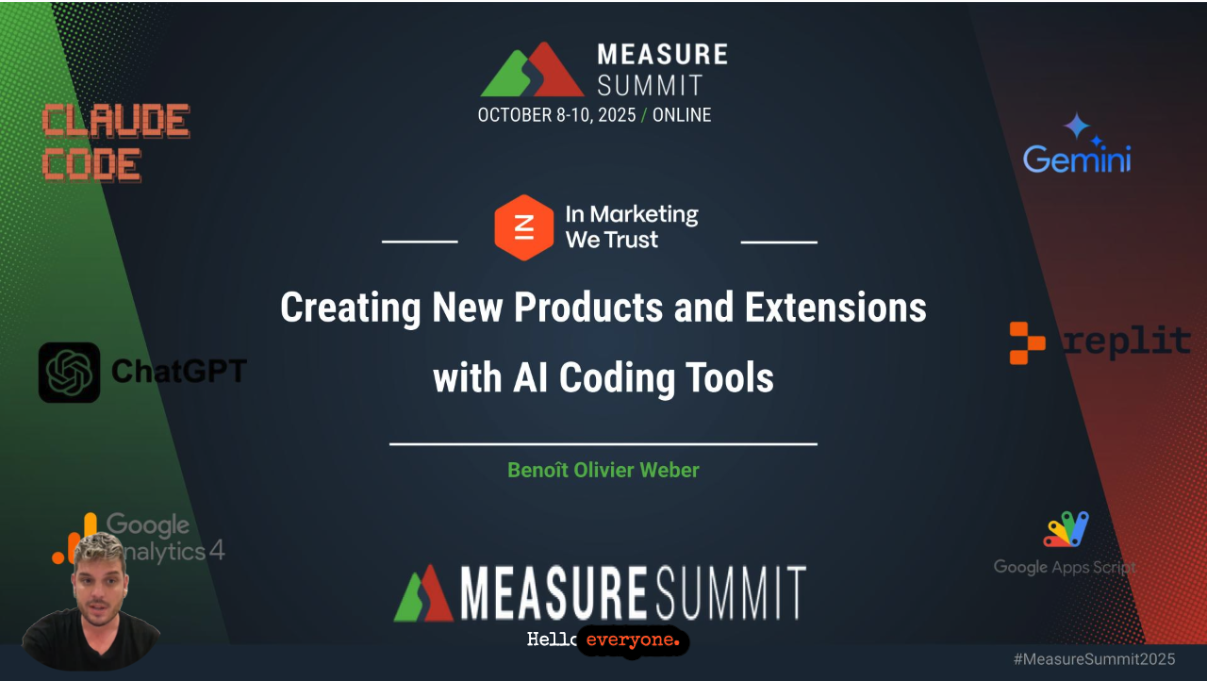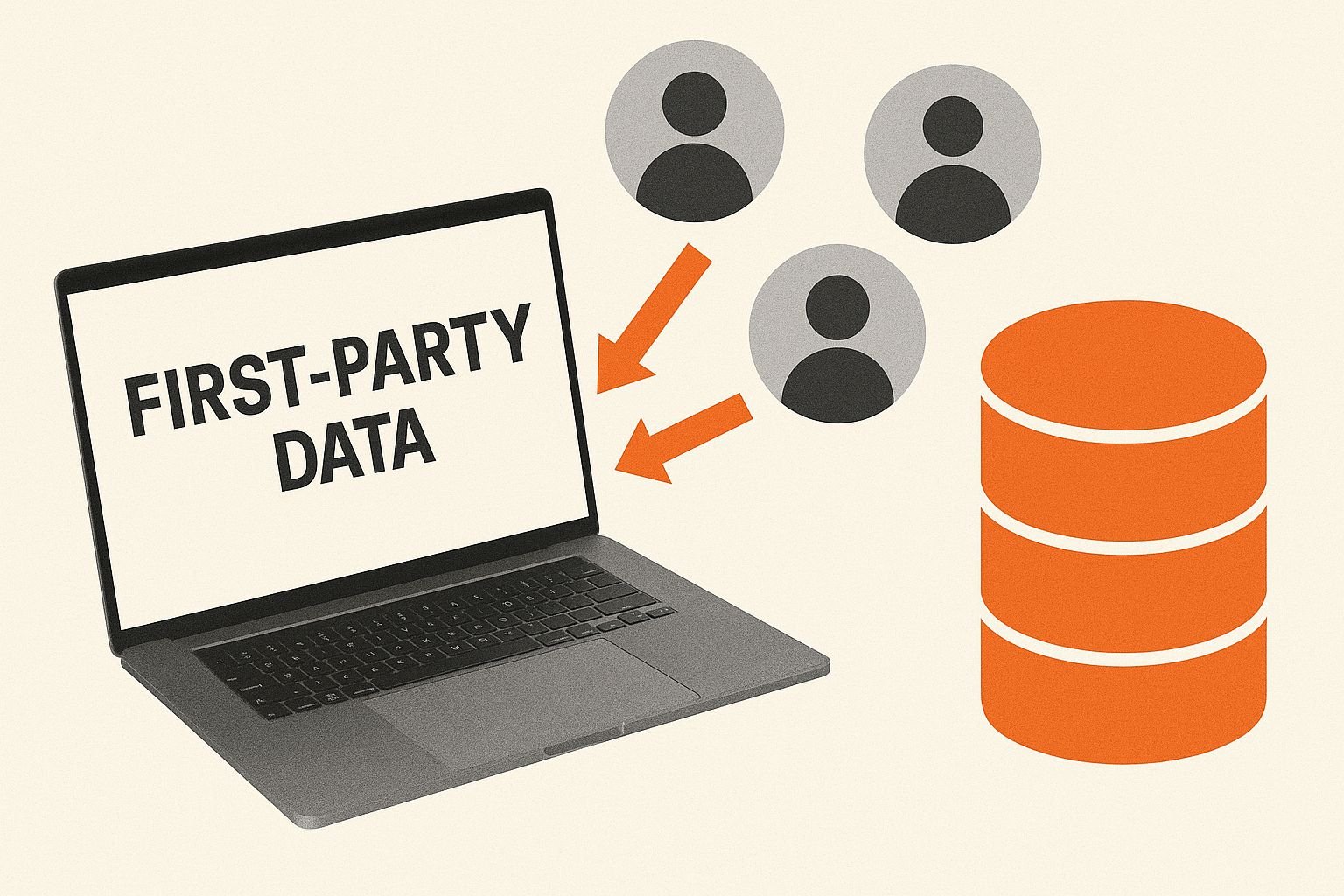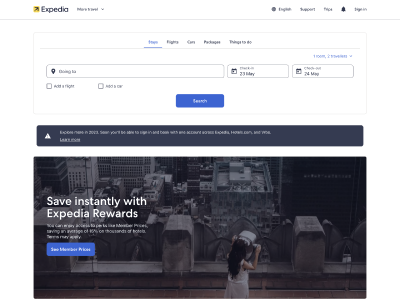Could big data be killing your business? You collect a ton of data, realise that it’s not quite in the right spot or in the right format. You spend weeks if not months in meetings with tech teams, solution providers, BI teams, trying to solve these issues. And, when you finally get your hands on that new gold mine ready to be exploited, you realise you simply don’t have the time or resources to dig for those gold nuggets. Chances are, you are probably measuring too much…
Let’s take a look at the current state of data and analytics and what you’re probably doing vs. what you should be doing. Here’s why you should measure less.
Check out the slides and read the article below:
Why You Should Measure Less
Inspired by Filip Filipov, VP Product Management at Skyscanner I wanted to share my thoughts on the current climate of measurement. Filip’s thread on measurements sum up my own thoughts well but I wanted to dive a little deeper.
1/ On measurements ? The omnipresent saying “If you can’t measure it, you can’t improve it (variation – manage it)” is one of the tenets that needs a major rethink in today’s internet economy. When it was coined, management consultants made an industry out of it
— Filip (@Filipov) February 21, 2019
To Measure or Not to Measure
Today you can measure anything and everything with the help of Google Analytics. But should you? The answer, in short, is a hard no.
“Too often, our desire to capture ever more information is in fact negative for great product and business development.” – Filip Filipov, VP Product Management, Skyscanner
Ultimately, we should only handle data that we really need. Datensparsamkeit is a German word, difficult to translate into English. Essentially it’s an attitude to how we capture and store data, only handling that which is needed.
There is so much hype around Big Data right now, which is great but not if it clouds your judgement on what data to capture. If storage is cheap why shouldn’t you capture all the data you can get your hands on just in case it comes in handy later?
Privacy
It’s no surprise that the Germans have a word for this attitude, given the extensive surveillance they’ve had in the past and their now strong data privacy laws. Datensparsamkeit is a concept from these privacy laws that is in opposite philosophy to that of the western world’s current philosophy of “capture everything”. It could be translated loosely as “data austerity”, “data minimisation” or “data frugality”.
If you don’t know why you are capturing or storing all that data, stop.
Privacy and Facebook
Let’s take Facebook as an example. Facebook tracks its users across the web and apps, collecting data on everything from which sites and apps they use and where they shop to more broadly, what they like. They then combine all that information into comprehensive user profiles.
Why?
Facebook maintains that they need to collect all of this user information in order to serve up more relevant ads to users.
Privacy advocates, however, argue that Facebook is not transparent enough about what data it has and what it does with it. This means, most Facebook users don’t really understand the trade they’re making with their privacy when signing up.
Germany’s antitrust regulator, the Federal Cartel Office, ruled that Facebook was exploiting their users by requiring them to agree to this level of data collection in order to have an account and has outlawed the practice moving forward.
“Facebook will no longer be allowed to force it’s users to agree to the practically unrestricted collection and assigning of non-Facebook data to their Facebook user accounts,” – FCO president Andreas Mundt.
Facebook intends to appeal but if it fails, Facebook will have to change how it processes data internally for German users, and will only be able to combine the data into a single profile for a Facebook account with that user’s explicit consent.
GDPR
Of course, Facebook already had to make certain changes to how they collect user information thanks to the GDPR. GDPR is the General Data Protection Regulation, an EU law on data protection and privacy. While EU law, it is enforceable for all non-EU companies that collect or processes the data of European users. You can read about how the GDPR affects you here and find our GDPR risk assessment for web analytics here.
If that doesn’t convince you, then consider the guys listening in to every conversation in V for Vendetta or Big Brother in 1984.
Product and Business Development
Putting aside privacy, measuring everything you can is actually harmful to great product and business development.
Astro and I at StartCon
I recently attended StartCon where Patrick Campbell, Co-Founder & CEO at ProfitWell spoke about calculating the expected impact of a product on growth. Essentially, most product managers think they are shipping amazing features when they are in fact shipping garbage. How do we stop this? Define your KPIs in order to define your metrics.
Metrics vs KPIs
Unfortunately, the technology industry is forever confusing metrics and KPIs (Key Performance Indicators). So what’s the difference?
KPIs are a quantifiable value reflecting a business goal or objective whereas a metric is nothing more than a measurement you record to track an aspect of business activity. KPIs define a set of values against which your metrics are measured.
So how should you set your KPIs and define your metrics?
Define D.U.M.B. Business Objectives
There are 2 meanings – the commonly known “keep it simple, stupid” but also Doable, Understandable, Manageable and Beneficial.
The first step is to define your business objectives:
- What are we hoping to accomplish for our business?
- What’s important to our business?
- What’s important to our customers?
- What’s the core and unique value proposition that we offer?
- What defines success for our organisation?
- How are we trying to achieve success?
- What are the three most important priorities for your site?
I would recommend not overthinking your objectives. We have 3 main objectives that we use at In Marketing We Trust:
- Increase revenue
- Reduce cost
- Increase loyalty
Essentially, make money, save money, make them happy.
Define S.M.A.R.T. Goals
Monitoring all metrics is way too much noise. Instead define SMART goals.
For each objective, you will need to define goals.
S.M.A.R.T. goals are:
- Specific – target a specific area for improvement.
- Measurable – quantify or at least suggest an indicator of progress.
- Assignable – specify who will do it.
- Realistic – state what results can realistically be achieved, given available resources.
- Time-related – specify when the result(s) can be achieved.
For each objective, there are always different perspectives and strategies to achieve a unique goal. Here are 2 goals per objective. Try to keep it simple.
Metrics can have a correlation with some of your KPIs but not necessarily causation. This means that capturing all metrics is a waste of your time. Instead, identify your KPIs and update as your business evolves.
Be in the Wisdom business
As Avinash Kaushik said “You want to be in the Wisdom business.”
What’s the Wisdom business?
Cartoon by David Somerville, based on a two-pane version by Hugh McLeod.
Let’s break it down with Avinash Kaushik:
Data: You are a javascript jock, the slayer of ETL challenges. You are the data hunter and gatherer. Value: Low. Salary: Low. Replacement: Easy.
Information: You are a report creator, you fix code in emergencies. Value: Low. Salary: Lowish. Replacement: Easy.
Knowledge: You run a team of data pukers, you help meet divisional data needs, your team merges data sources. Value: Medium. Salary: Medium. Replacement: Takes two months.
Insight: You hold the Analyst title, most of the time you avoid being seen as a data provider, you get invited to director-level business meetings. Value: High. Salary: High. Replacement: Hard, six to nine months.
Wisdom: You are an Analyst, but sit in a business team, d3js.org is your second home, you meet with the CMO every other week. Value: Priceless. Salary: High times 5. Replacement: Impossible’ish.
Right now you’re likely in the information or even insight business. Instead, you want to be in the Wisdom business. Of course, this is hard to do and to achieve it you need to be on a constant quest for self-improvement. The most powerful skills you need to get there are your business intelligence, not data-crunching skills because capturing data is only one part of the solution. Reduce the noise and capture the right data to measure your business objectives.




















